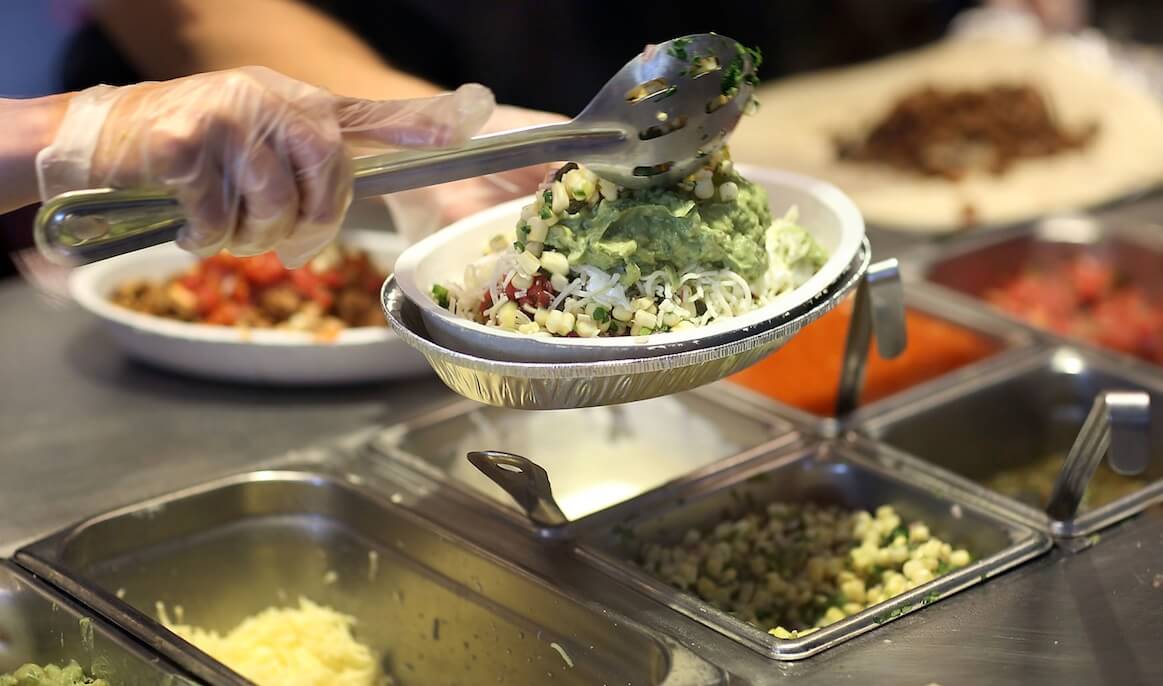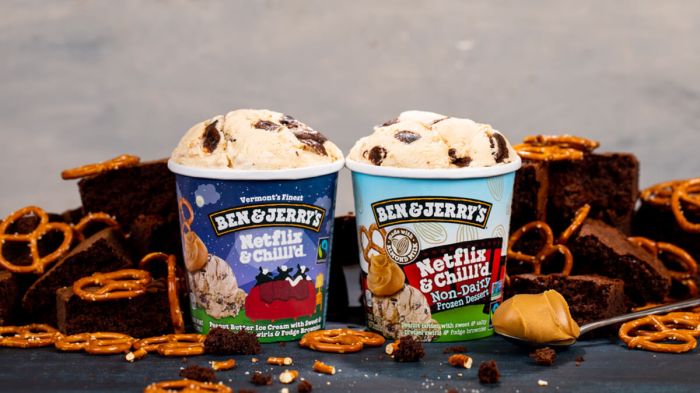Every bite of the American diet is under serious investigation. Beyond the obesity epidemic, scientists are linking the foods we eat to everything from the quality of our sleep to serious mental health issues like depression.
The latest villain is, somewhat predictably, GMOs. In our eat-like-our-ancestors Paleo-dieting, farmers market-shopping, kale-worshipping world, it makes sense that genetically modified organisms would cause alarm. And last week, opponents got a big supporter when Chipotle announced it no longer uses them (though it’s not entirely rid of them yet).
The trouble is, there’s no evidence that GMOs are dangerous.
‘Frankenfood’
The concept of GMOs is easy to grasp. It doesn’t require knowledge of nutrition or genetics to understand that someone has taken a natural product into a lab, and we know from Dr. Frankenstein’s experiment that what comes out may not be what’s intended. (If that sounds like scaremongering, it is.)
Chipotle’s stance is significant because, while not exactly a health restaurant, it’s distinguished itself by using fresh, sustainably harvested ingredients. It’s currently in a months-long carnitas supply crisis because it fired a major purveyor for inhumane practices. So what does it say when the restaurant won’t serve something?
Engineering our plate
The problems modified crops solve are real, and they’re here. Land that has been depleted of nutrients through poor farming methods, or simply wasn’t fertile enough to sustain crops to begin with, can grow food that has been engineered to need fewer natural resources and be more nutritious. Genetically modified crops can resist viruses, pests, drought and other blights.
According to the molecular biology journal EMBO Reports, vitamin A deficiency causes 500,000 cases of blindness and 6,000 child deaths annually, yet distribution of GMO rice enriched with beta-carotene, a precursor to vitamin A, have been blocked by what the journal calls “overly cautious regulations.” The journal also cited a figure of $20 million to get commercial certification for a single GMO crop. “The end result of these costly regulations is that biotechnology crops, which would help the poor, are not developed,” it wrote.
A massive 2014 study that looked at more than 100 billion farm animals, which consume between 70 and 90 percent of all GMO crops, “did not reveal unfavorable or perturbed trends in livestock health and productivity.”
And among the scientific community, a survey by the Pew Research Center and the American Association for the Advancement of Science found that 88 percent say genetically modified foods are safe; the World Health Organization and European Commission (among many others) agree.
The labeling controversy
Wanting to know what’s in our food is a good goal. But we often don’t, even with labels that seem clear: Cage-free eggs may still come from chickens that are packed into a barn rather than spreading their wings outdoors. The FDA has grades of organic labels that mean your lettuce may not be as free range as you’d like to think, either.
Labeling has already had a chilling effect on GMOs in Europe, where a mandate in the late ‘90s led manufacturers — afraid of losing business — to drop genetically modified ingredients. The American Association for the Advancement of Science says a label would “falsely alarm consumers.”
Currently, an estimated 80 percent of food in the U.S. contains at least one GM ingredient, in everything from cereal to sodas.
In the statement announcing Chipotle’s move, founder and CEO Steve Ells acknowledgedthat it was precautionary: “[I]t’s clear that a lot of research is still needed before we can truly understand all of the implications of widespread GMO cultivation and consumption.”
Cause for concern
Monsanto rolled out the first GMO crop in 1996, a RoundUp Ready soybean. To date, there has been no scientific evidence of harm to humans as a result of GMO crops. Though farmers have been fighting against new RoundUp-resistant weeds for years and it’s decimated monarch butterflies, it’s only recently that health worries made the jump to humans, when the popular weed killer’s active ingredient, glyphosate, was deemed to be “probably carcinogenic to humans” by the World Health Organization.
Spurred by concerns about the safety of the herbicide, Vermont became the first of three states to pass a law that would mandate GMO labeling by 2016, which, given that only 37 percent of the general public believes them to be safe, would have the same effect as it did in Europe.But is effectively banning GMOs the way to phase out glyphosate?
Eva Kis is on Twitter @thisiskis, where she talks about pop culture, cats and media almost as much as food.



















